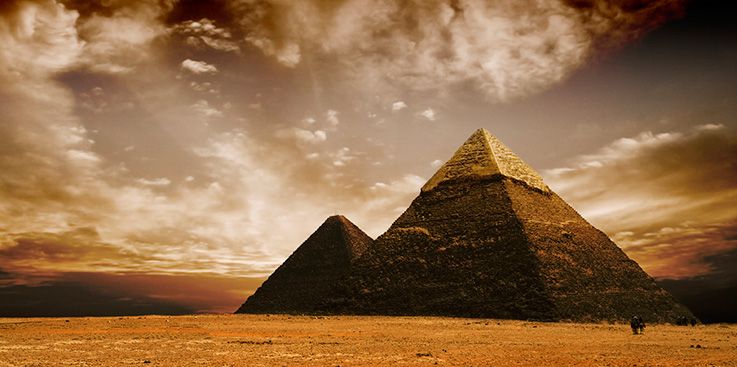Here is the Old Testament text from which this common question arises: “The seventh day is the Sabbath of the LORD your God. In it you shall do no work: you, nor your son, nor your daughter, nor your male servant, nor your female servant, nor your ox, nor your donkey, nor any of your cattle, nor your stranger who is within your gates, that your male servant and your female servant may rest as well as you. And remember that you were a slave in the land of Egypt, and the LORD your God brought you out from there by a mighty hand and an outstretched arm; therefore the LORD your God commanded you to keep the Sabbath day” (Deuteronomy 5:14, 15).
The key to understanding this passage as it relates to Sabbath keeping rests in the words “slave” and “servant.”
God said, “Remember that you were a slave in the land of Egypt.” And in the sentence before this one, He wanted them to ensure “that your male servant and your female servant may rest as well as you.” In other words, their experience in Egypt as slaves would remind them to deal justly with their servants by giving them Sabbath rest.
It was not unusual for God to hark back to the Egyptian deliverance as an incentive to obey other commandments. “If a stranger dwells with you in your land, you shall not mistreat him … for you were strangers in the land of Egypt” (Leviticus 19:33, 34). In Deuteronomy 24:17, 18, God said, “You shall not pervert justice due the stranger or the fatherless, nor take a widow’s garment as a pledge. … You were a slave in Egypt, and the Lord your God redeemed you from there; therefore I command you to do this thing.”
However, neither the command to be just nor to keep the Sabbath was given only to memorialize the Exodus. Instead, God told them that His goodness in bringing them out of captivity constituted a strong additional reason for their dealing kindly with their servants and treating justly the strangers and widows.
In the same way, God spoke to them in Leviticus 11:45: “I am the LORD who brings you up out of the land of Egypt. … You shall therefore be holy.” Surely no one would teach that holiness did not exist before the Exodus, or that it would be ever afterward limited only to the Jews, to memorialize their deliverance.
God wanted the Israelites to treat their servants and others justly. Asking them to keep the Sabbath ensured rest for their servants and reminded them of their history as slaves. God also wanted them to keep the Sabbath as a memorial of their redemption from slavery in Egypt. His redemption of them from Egypt represents His redemption of us from slavery to sin, which is a meaningful reason for us to keep the Sabbath, as well. But the Bible makes it clear that the Sabbath is more than a memorial of physical and spiritual redemption. The Genesis story of the making of the Sabbath (Genesis 2:1–3) and the wording of the fourth commandment by God (Exodus 20:11) reveal the Sabbath as a memorial of creation. A memorial of creation applies to all people resulting from that creation.
Indeed, the Sabbath is much more than only a memorial of the Israelites’ deliverance from Egypt!

